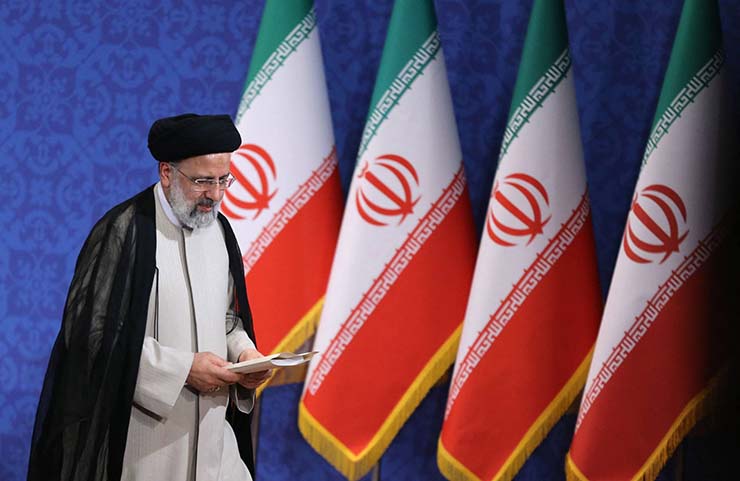
Tel Aviv: The political chaos in Israel makes it almost impossible to present a coherent demand from US President Biden about the policy regarding the nuclear agreement with Iran. As contacts between the superpowers and Iran resume and Foreign Minister Yair Lapid approaches the Prime Minister’s Office, tensions have arisen between the IDF’s Intelligence Division and the Mossad over the position that Israel needs to formulate ahead of the negotiations, reported Israeli Ynet news outlet.
According to Ynet report, top intelligence officials believe that it is better to support a bad deal so that it will allow Israel to get better prepared for an attack on the Iranian nuclear sites. The Mossad, according to the report opposes a return to the agreement with Iran. The Mossad claims that the agreement would “buy” two and a half years at the most of peace in which Iran would not advance in its plans – but even that period would not allow the IDF to get ready for an attack on Iranian nuclear sites.
The Ynet report says that the Mossad thinks that after the removal of economic sanctions on Iran, it will inject even more money into terrorism and will continue to establish itself throughout the Middle East against Israel. The institution also believes that in 2025, after the lifting of the restrictions, Tehran will accelerate the programs without the supervision of the powers and will be able to enrich uranium to the level it wants without control.
According to Sima Shine and Ephraim Asculai, two senior researchers in the Israeli Institute for National Security Studies (INSS), in the current circumstances, where the IAEA has no actual means of monitoring Iranian nuclear activities, the question hovering over the Vienna talks since they began should be addressed – whether Iran, and specifically Supreme Leader Ali Khamenei, is at all interested in returning to the agreement, or whether the prolonging of negotiations for over a year is designed to gain time, with no real intention of making concessions and rolling back Iran’s advanced nuclear program.
“It is clear that as time passes and the program advances, the chances and utility of a return to the agreement diminish, and the impression has grown that the Iranian regime sees no significant benefit in a return to the agreement. The harsh economic situation in Iran is still the regime’s Achilles’ heel – the rial-dollar exchange rate has reached a new high – more than 300,000 riyals to the dollar.”
According to the researchers, given its basic lack of confidence in the US administration, especially the next administration; the realization that the economic benefits of any agreement are likely to be modest; and the wish to advance to the status of a clear nuclear threshold state. Underlying all these reasons is the assessment in Iran that the White House’s full attention is directed to the war in Ukraine: President Biden still wants to return to the agreement, there is no willingness to engage in military action against Iran, and Iran regards the damage that it suffers from various covert operations as tolerable.
A military analyst who talked on condition of anonymity said that the Americans without any doubt will use the disagreement between the Mossad and the IDF’s intelligence to put pressure on Israel to agree to the proposals made by Washington.
Dr Mordechai Kedar, an expert on Iran said that the Americans have for some time looked for “cracks ” in the Israeli position. “Now it was served to them on a platter,” he said.








